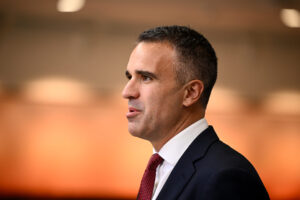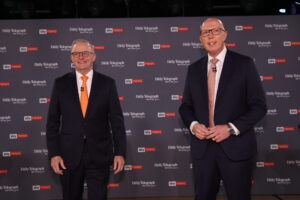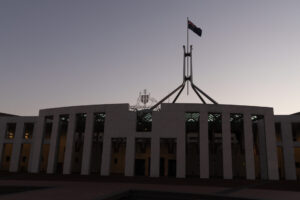Why we need a parliamentary inquiry into South Australia’s proposed new political donation laws

Replacing political donations may sound good in theory, but in practice what matters is who gets the money – and how much they get.
Last month, South Australian Premier Peter Malinauskas announced an ambitious change to the state’s electoral laws: a ban on political donations. To compensate them for lost donation revenue, political parties and MPs in Parliament would receive significantly more public funding – and parties and candidates would be restricted in how much they can spend on election campaigns.
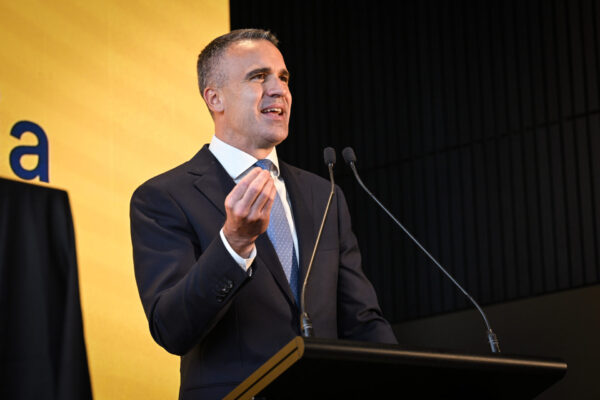
Let’s undertake a thought experiment using a hypothetical major party MP and independent challenger. Under the South Australian Government’s proposed changes, candidates are limited to spending $100,000 each on their campaigns.
A major party MP defending their seat could draw on South Australia’s existing public funding, which pays about $4 per vote received at the last election. That is about $3 million for each major party, or over $60,000 per seat for a major party candidate.
The South Australian Government is also proposing to introduce operational funding for sitting MPs, capped at $5.6 million per party over the four-year electoral cycle, of which half can be spent on election campaigning. Spread out over every seat (not just those with a sitting MP from that party), that represents a further $60,000 for every major party candidate. Enough for a Labor or Liberal candidate to meet the spending cap, and have plenty left over for political advertising outside of the election period.
Their campaigns having been completely publicly funded, the major party candidates are free to spend their time campaigning for re-election.
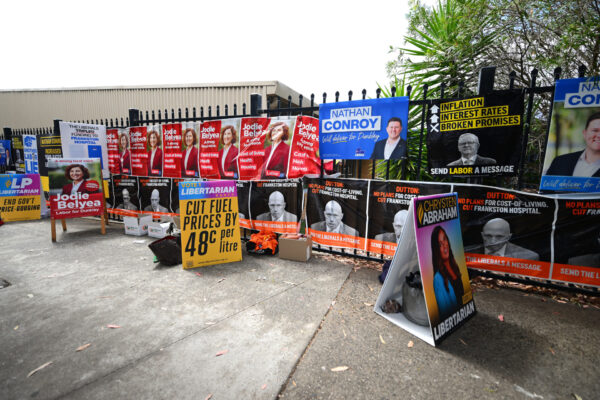
New independent candidates start from behind. Most would have little name recognition and – unlike an incumbent MP – no taxpayer-funded office, staff or electorate allowance to spend on travel or communications. The independent candidate will need 100 signatures to be eligible to run, whereas party candidates are automatically eligible.
Once they receive the 100 endorsements, the independent candidate could unlock up to $5,000 in public funding. The remaining $95,000 will need to be collected fundraiser by fundraiser, donor by donor, and under the new donation cap a candidate cannot receive more than $2,700 from any one donor.
The spending cap does not account for the extra money a challenger must spend to “catch up” to the incumbent MP on name recognition, or the benefits a party candidate gets from their party’s spending that is not limited to their individual seat.
Independent candidates already start from behind in South Australia, for all the aforementioned reasons, but the proposed changes would put them at further disadvantage.
And while this comparison focused on the uphill climb faced by a new independent candidate, it is worth mentioning that the Malinauskas Government’s proposed changes would increase funding for elected independent MPs. As with any change to electoral law, the exact effects are difficult to predict – which is why the Australia Institute is calling for a parliamentary inquiry into the laws.
The Australia Institute will be releasing more analysis of the proposed changes this month.
Between the Lines Newsletter
The biggest stories and the best analysis from the team at the Australia Institute, delivered to your inbox every fortnight.
You might also like
South Australia’s leap into the unknown with political finance changes
July 1 marked a dramatic change in how political parties and candidates are funded in South Australia.
Six reforms to fix Australia’s new, deeply flawed political finance regime
The Australia Institute, The Centre for Public Integrity, the Australian Democracy Network and Transparency International Australia have come together to identify six key reforms to redress the unfairness created by the Commonwealth’s new political finance laws, and make real progress on combatting the influence of vested interests on the exercise of public power.
Legislation requiring real-time disclosure of political donations could pass this week
The Australia Institute is calling for transparency and real-time disclosure of political donations ahead of the Australian Electoral Commission’s annual release of political contributions data for 2023-24.
